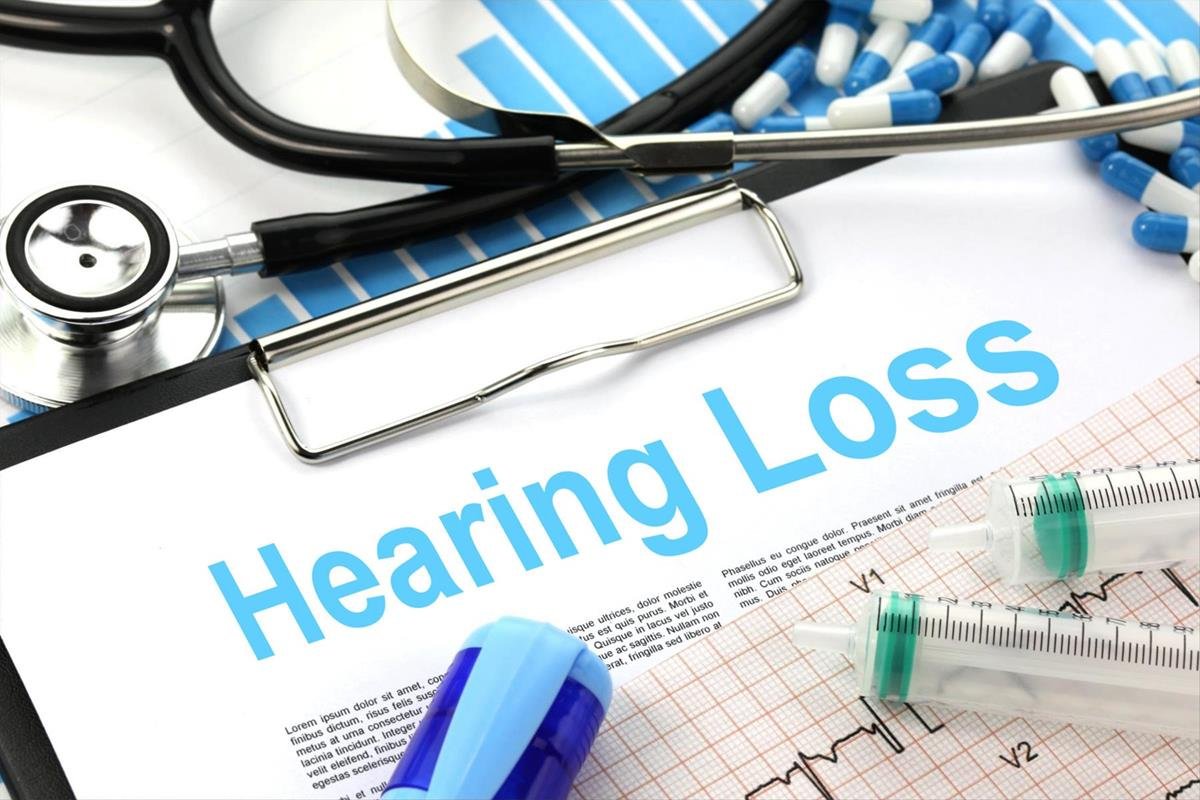Hearing loss is often perceived as a straightforward auditory issue; however, its effects reach far beyond the ears. The connection between hearing loss and mental health is significant and complex. This article explores how untreated hearing loss can lead to profound emotional challenges, including social isolation, depression, and cognitive decline.
The Impact of Untreated Hearing Loss on Mental Health
Hearing loss affects individuals in many ways, and its impact on mental health is profound. Research shows that people with hearing loss are at a greater risk of developing emotional and psychological conditions. Here are some of the most significant impacts:
Social Isolation
One of the most immediate consequences of hearing loss is social isolation. Individuals who struggle to hear may find it challenging to engage in conversations, leading to withdrawal from social interactions. This isolation can create a cycle where reduced social contact exacerbates feelings of loneliness and sadness. When people feel disconnected from their friends and family, their mental health can deteriorate rapidly. The link between hearing loss and mental health becomes evident as individuals grapple with their emotions in silence.
Depression and Anxiety
The emotional toll of hearing loss can manifest in various mental health issues, particularly depression and anxiety. Studies have shown that individuals with hearing loss are significantly more likely to experience depressive symptoms. The frustration of not being able to communicate effectively, coupled with feelings of inadequacy, can contribute to these mental health challenges.
Cognitive Decline
Recent studies suggest that untreated hearing loss may accelerate cognitive decline. The brain requires stimulation to remain healthy, and when individuals cannot hear properly, they may not engage with their environment as fully. This disengagement can lead to difficulties in memory, attention, and processing speed, ultimately contributing to cognitive impairments such as dementia. Addressing hearing loss early on can help mitigate these risks, emphasizing the importance of regular hearing assessments in preserving both hearing and mental health.
Why Hearing Loss is Often Overlooked
Despite the profound impact of hearing loss on mental health, it often goes unrecognized. Many individuals do not realize the extent to which their hearing abilities affect their emotional well-being. The gradual nature of hearing loss means that individuals may adapt their communication methods, masking the issue. Moreover, people may attribute their feelings of isolation or depression to other life circumstances, failing to connect these emotions to their hearing difficulties.
The Emotional Toll of Stigma
Stigma surrounding hearing loss can exacerbate its effects on mental health. Many individuals feel embarrassed or ashamed to admit they have hearing difficulties, often leading them to avoid seeking help. This reluctance can prevent them from receiving necessary treatments, such as hearing aids or assistive listening devices. The longer individuals wait to address their hearing loss, the more significant the emotional toll can become.
Seeking Help: Improving Hearing Loss and Mental Health
It is crucial for individuals experiencing hearing difficulties to seek help. Consulting with an audiologist for regular hearing assessments is a proactive step in safeguarding not only auditory health but also emotional well-being. When hearing loss is addressed, individuals often report improved quality of life, including better social engagement and enhanced mental health.
Using hearing aids or assistive devices can significantly improve communication abilities, allowing individuals to reconnect with their loved ones and their surroundings. As they regain their hearing, many individuals find that their feelings of isolation diminish, and their overall mood improves.
Additionally, supplements like Quietum Plus offer benefits for those looking to improve their hearing health. This natural blend of plant-based ingredients and vitamins is designed to support overall ear health and well-being. By promoting tranquility and a peaceful life, Quietum Plus can be a valuable part of a comprehensive approach to managing hearing health, particularly for those experiencing stress and anxiety related to hearing loss.

Tips for Enhancing Hearing Health
- Regular Hearing Check-ups: Schedule annual hearing tests to monitor your auditory health.
- Use Hearing Protection: Protect your ears from loud noises by using earplugs in noisy environments.
- Stay Connected: Engage in social activities to maintain connections with friends and family, which can bolster both hearing and mental health.
- Prioritize Communication: Advocate for your needs in conversations and don’t hesitate to ask others to speak clearly.
- Supplements: Incorporating natural supplements, such as Quietum Plus, also support hearing health. This product is a blend of plant-based ingredients and vitamins designed to enhance ear health and promote tranquility. By alleviating stress and fostering a peaceful life, Quietum Plus can complement other strategies for managing hearing loss and improving overall well-being.
Read also: Anti Aging Supplement For Old Adults Female And Male
Conclusion: Hearing Loss and Mental Health
The link between hearing loss and mental health is critical to understanding the broader implications of auditory challenges. Recognizing and addressing hearing problem is not just about preserving hearing; it is also about maintaining mental health and overall quality of life. Early intervention can lead to better outcomes, enabling individuals to enjoy a more fulfilling and connected life. If you or someone you know is struggling with hearing loss, don’t hesitate to seek help. Addressing these issues can lead to improved mental well-being and a richer life experience.
🚨 Stay Updated with TopKhoj! 🚨
Get the latest tech news, deals, and exclusive offers first!
📰 Visit News Section📲 Join our Telegram Channel for real-time updates and best deals!
🔗 Join Telegram Now💡 Stay informed and never miss a great deal with TopKhoj!
⚠️ Disclaimer: Any link provided in the article related to a product or service will redirect you to our affiliate partner(s)' website, which are affiliate links. This means that if you make a purchase through these links, we may earn a commission at no extra cost to you. This commission helps support our blog and our work.
🔔 All prices mentioned above are subject to change based on current offers and availability on e-commerce platforms. Please check the latest price and product details on the product page before making a purchase.







